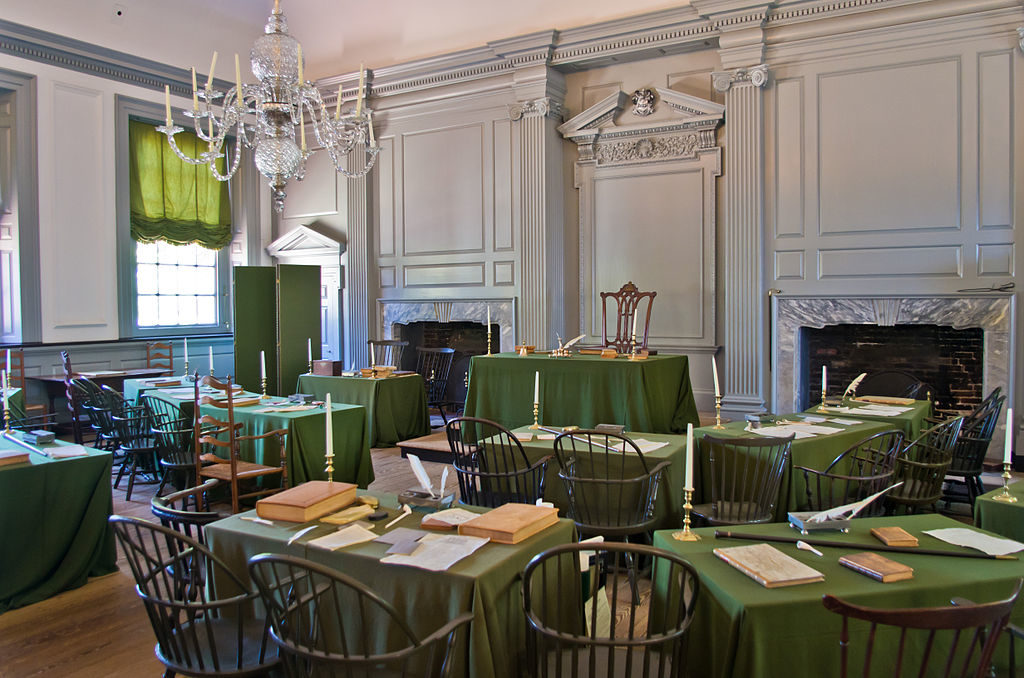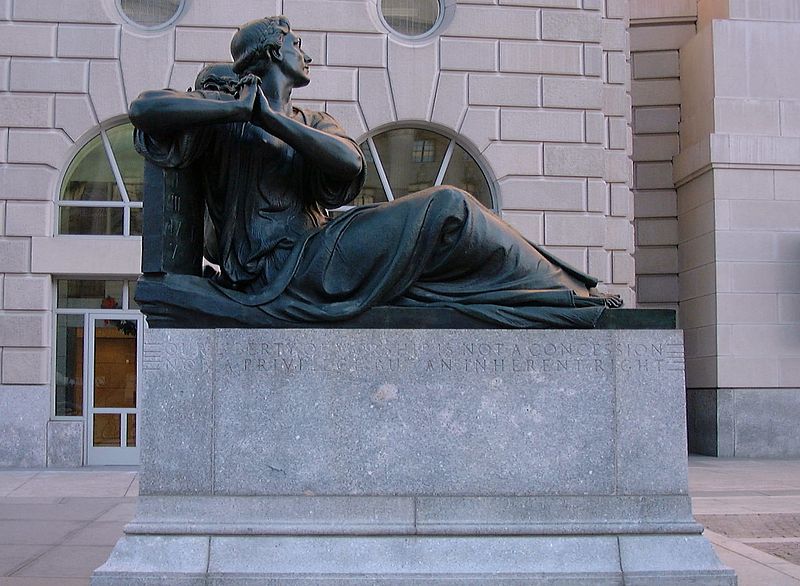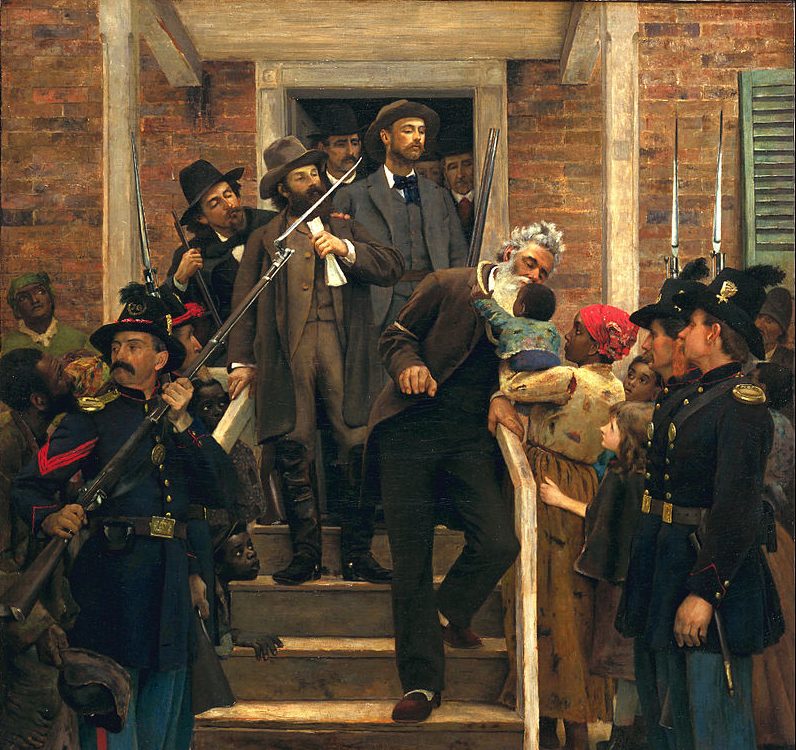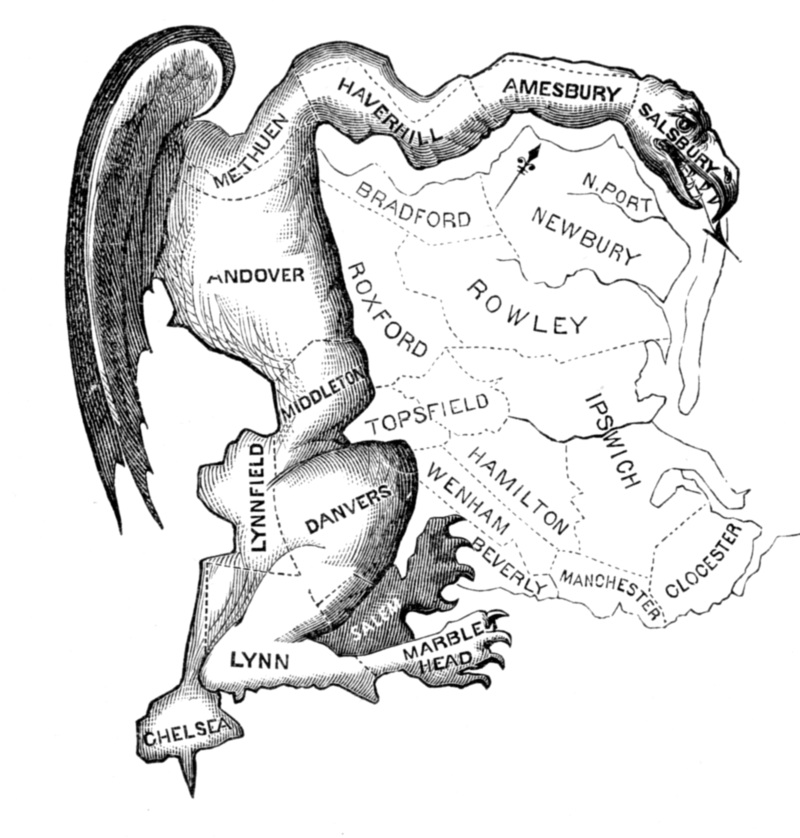Why study the Constitution through the medium of role-play? Students playing roles will better appreciate the difficulties of framing a constitution and better understand what was at stake and what was possible for the delegates who gathered in Philadelphia—better than if they simply heard or read about the event. A Convention delegate—who shall go unnamed—while […]
Latest Articles
Ryan Anderson and the Continuing Challenge to Religious Liberty
The rubber for the marriage movement will meet the road on the issue of religious liberty. By conceding to “social harm” and “social meaning” arguments, Anderson and Girgis make it more difficult to defend religious liberty against anti-discrimination laws. Ryan T. Anderson is perhaps the most indefatigable culture warrior today. After occupying the front lines […]
Imagining a Federative Legislative Power
To be rendered coherent in an age of US hegemony, the logic of our constitutional order calls for a legislative federative institution, through which the perspectives of domestic and foreign audiences can be considered in dialogue, and which can shape the way US power is projected abroad. The United States occupies a unique position of […]
Lessons from the Madness of Diogenes and John Brown
Our politics has problems. There must be a way to bring the steadfastness of a Diogenes or a John Brown into public discourse uncompromised, but in a way that is also palatable to those who turn away from the words of someone so unusual. Political scholars often look to canonical philosophy for insight into contemporary […]
Gerrymandering and Gill in Constitutional Perspective
Gerrymandering is as old as the republic itself. The siren call of court intervention is attractive but will eventually make the court just another political actor. A better solution to gerrymandering is smaller legislatures. Sometime this year the United States Supreme Court will rule on the gerrymandering case Gill vs. Whitford. Wisconsin Democrats are suing […]






